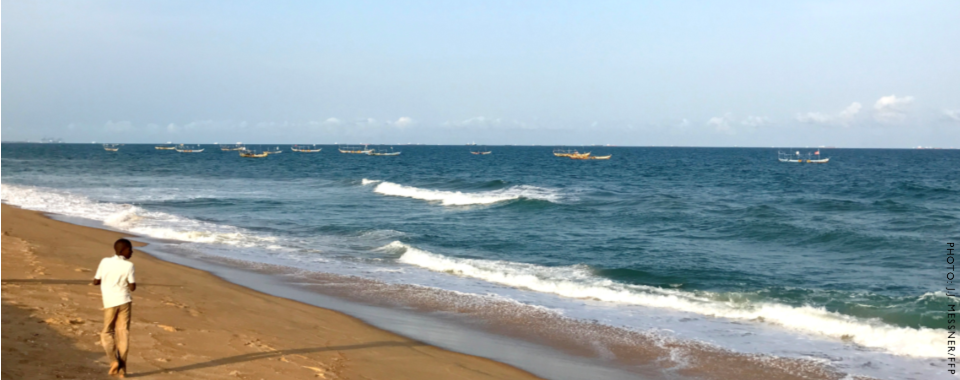BY MARCEL MAGLO
Despite a limited democratic space in Togo, civil society and the political opposition have nevertheless managed to position themselves as a force to be reckoned with. In 2005, President Gnassingbé Eyadéma died after ruling the country for almost four decades. To succeed him, the military installed the late president’s son, Gnassingbé Faure, a move that triggered popular outrage and sanctions from the Economic Community of West African States (ECOWAS) and the African Union. This led to a swift return to constitutional order with elections held in April of the same year. However, political tensions then spiked again during the elections of 2010 and 2015 during which President Faure was reelected to second and third five-year terms in office, respectively. These spikes in pressure were clearly reflected in the annual trends in the Fragile States Index (FSI).
The country is now entering another election period, and once again pressures are beginning to rise. In August 2017, a wave of protests broke out across the country calling for a return to the original 1992 constitution, with some voices going so far as to call for the resignation of the president. Security forces have arrested scores of protesters and taken measures to block media, including internet and social media platforms. Although several people have been killed by security forces, the lethality of the violence around these protests has so far been limited, in part due to the engagement of President Nana Akufo-Addo of neighboring Ghana, who is leading a dialogue effort mediating between the Togo government and a coalition of opposition groups.
From an early warning perspective, Togo presents a classic case where pressures rise and fall in an almost predictable fashion every five years. Political gridlock centered around governance and institutional grievances has made it difficult for the country to break free of this cycle. Other conflict drivers and risk factors include occasional farmer-herder clashes and protests over natural resource management, land tenure, and mining. It is among the top 20 poorest countries in the world as measured by GDP per capita.
Yet, Togo has shown a remarkable resilience and hope for the future. As long as the multitude of political actors continue to engage constructively, and as long as the international community and regional actors continue to play a supporting role, the situation may not deteriorate further. However, there is always the risk that one actor or another could miscalculate. On the other hand, there is also the possibility that continued engagement could lead to a breakthrough and that Togo will move beyond this impasse for the good of the country and its people.
